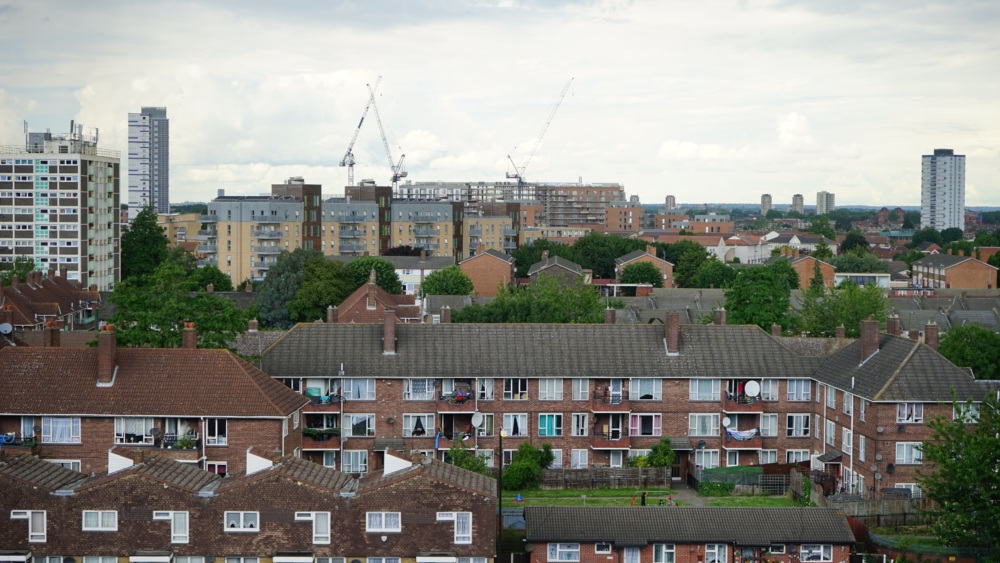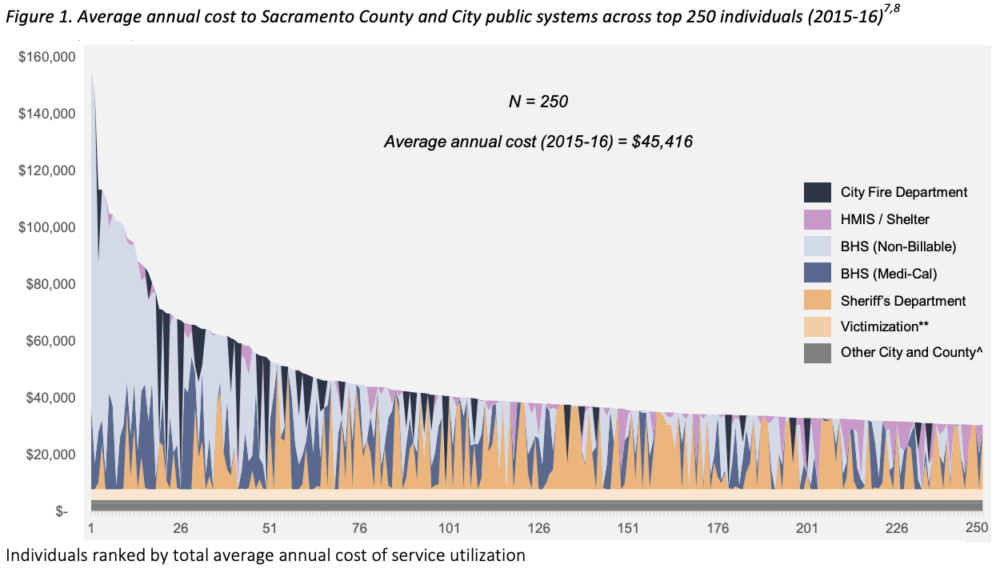

Public Sector Solutions, Health, Public Safety & Reentry, Homelessness & Housing, Results-Based Funding
Key Takeaway
The Louisiana Department of Public Safety & Corrections is leveraging a $2.45 million grant from the Bureau of Justice Assistance’s Second Chance Act Pay for Success Initiative to expand recovery housing to recently incarcerated people in the Greater New Orleans Area over three years. This is Social Finance’s first project in the recovery housing space.
75%+
Percent of people engaged in Louisiana's prison system with substance use needs, compared to the national average of 65%
In Louisiana and elsewhere, those returning home from incarceration often face challenges to successful reentry, from finding affordable housing to landing a good-paying job. For over 75% of people engaged in Louisiana’s prison system, substance use only compounds this challenge, putting individuals at increased risk of relapse and reincarceration.¹ And with incarceration expanding by 400% in recent decades, it is incumbent on states to provide supports to those impacted by this country’s criminal legal system and particularly those with substance use needs.
To help address these challenges, the Louisiana Department of Public Safety & Corrections (the Department) is leveraging a $2.45 million grant from the Bureau of Justice Assistance’s Second Chance Act Pay for Success Initiative to expand recovery housing to recently incarcerated people in the Greater New Orleans Area over three years. Since May of 2021, Social Finance has partnered with the Department to design two outcomes-based contracts for this initiative.
What is recovery housing?
Recovery housing refers to sober, recovery-oriented living environments that offer peer-based support through the social model of recovery, which is premised on the idea that long-term recovery is best facilitated in communities and with support from peers who have lived experience. The level of support offered through recovery housing can vary, ranging from light-touch, peer-run housing to structured clinical environments. Louisiana’s current supply of recovery-oriented housing is insufficient based on its needs, ranking 19th nationally in houses per capita despite having the seventh-highest drug mortality rate in the nation. Conversations with community stakeholders highlighted that, in particular, Louisiana lacks peer-based yet structured environments.
Despite promising initial evidence, recovery housing has only recently become part of the formal array of recovery services that receive public funding and legislative oversight. By increasing its supply of recovery housing, Louisiana joins many states nationwide, championed by the National Alliance for Recovery Residences (NARR) and the Substance Abuse and Mental Health Services Administration (SAMHSA), that are taking steps to offer and regulate recovery housing.² This is Social Finance’s first project in the recovery housing space.
Measuring and incentivizing outcomes in recovery housing
10%
Louisiana is committed to lowering its prison population by 10% over the next decade
Using several outcomes-based contracts that we helped to design, the Department is partnering with two service providers to offer Level III recovery housing—a semi-structured, peer-based recovery environment with access to other supports, such as employment opportunities—to formerly incarcerated individuals with substance use disorders who may have participated in pre-release substance use programming or have moderate to high substance use needs. Five percent of these service providers’ contract values are unlocked if providers help participants achieve four outcomes: quarters without recidivism, uptake of recovery supports, a length of stay of at least three months in services, and full-time employment or education.
The initiative aims to align stakeholders on key goals and support learnings on the effectiveness of recovery housing. It is part of Louisiana’s ongoing commitment to lowering its prison population by 10% over the next decade—a commitment outlined in the state’s 2017 Justice Reinvestment Package. Doing so will generate $262 million in savings for the state, $184 million of which will be invested in programming to lower recidivism.
As Louisiana and other states fund services to decrease recidivism, recovery housing should be considered as a critical offering to help individuals maintain their recovery as they restart their lives after incarceration. The Department of Public Safety & Corrections and Social Finance are eager to share learnings from this project as our work progresses.
Learn more →
¹ We analyzed Department of Corrections administrative data and found that those with medium- or high-level substance use needs had increased risk of recidivism.
² National Alliance for Recovery Residences (2012), National Council for Mental Wellbeing (2022).
Related Insight

Using Pay for Success to Improve Outcomes for The Persistently Homeless in Sacramento
This report analyzes a key segment of the homeless population in Sacramento‒those who are high utilizers of the County and City’s services‒and assesses the value of scaling up support services for that population.

Addressing Recidivism in the Golden State through Pay for Success
The Ventura County Project to Support Reentry is part of a larger ecosystem within California, with state and local foundations providing important support to governments as they drive resources to more effective solutions.

New Collaborations to Break the Cycle of Incarceration
In determining whether our correctional systems are succeeding, we focus on metrics like recidivism — the tendency of a convicted criminal to reoffend. What these metrics fail to explain are the contributing factors that so…